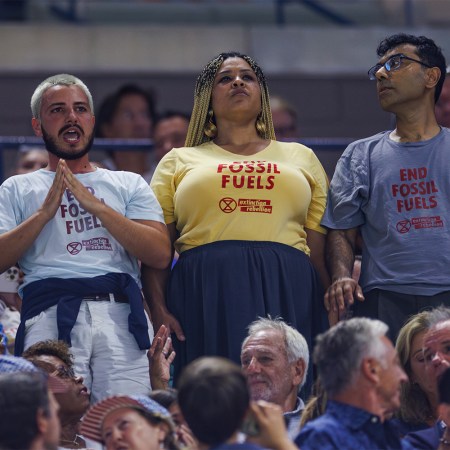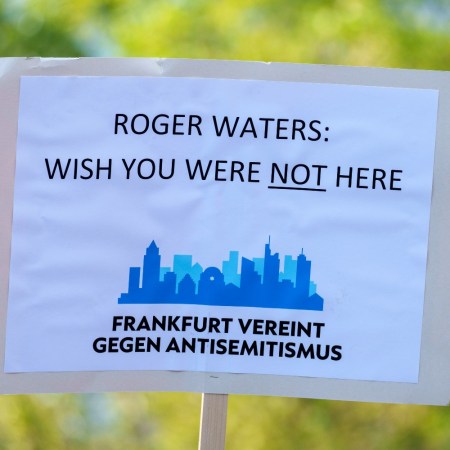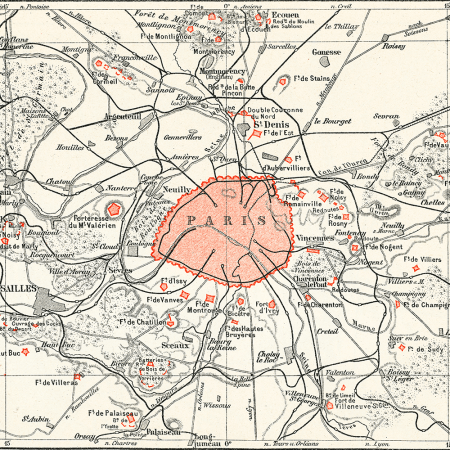The Paris Olympics are now underway, and the effects of the competition on the surrounding city are numerous, including security checkpoints and transit changes. Some of the effects are a little more subtle than others. Parisians and visitors alike might see some posters up that at first look like advertisements for Toyota, a sponsor of both the Olympics and the Paralympics.
Examining the posters more closely reveals something a bit different, though: these aren’t ads for Toyota; rather, they’re protests against the automaker. The Art Newspaper has more details on the protest campaign, which reportedly features posters added to around 100 transit stops in Paris and several other French cities.
In a post on their Instagram account, the group Brandalism — who also targeted Wimbledon with similar techniques — stated their objection to Toyota’s Olympic presence. “Toyota’s sponsorship of the #Olympics is a gold-medal example of sportswashing, or polluting companies using high profile sponsorship deals to hide their massive emissions,” they wrote. The campaign is a collaboration between Brandalism and Résistance à l’Agression Publicitaire.
Another one of the posters reads, “Art Belongs in Paris. Giant Polluters Do Not.” The images on some of them echo the work of Vincent van Gogh; it’s not hard to imagine a pedestrian glancing at one and taking it for an advertisement for an art exhibition, right up until the text comes into focus.
Mona Lisa Covered in Soup in Climate Protest
We live in an era of increasingly conceptual protestsArtist Michelle Tylicki described her contributions to the protest campaign in a post on social media. “In the same way that sports teams change strategies to overcome obstacles, elite sport events such as the Olympics have the unique opportunity to mobilize their mass audience away from consuming toxic, climate-wrecking products,” Tylicki wrote. But as with any initiative of this kind, it also raises a larger question: will the campaign work to change hearts and minds to a greener way of thinking?
This article was featured in the InsideHook newsletter. Sign up now.



















